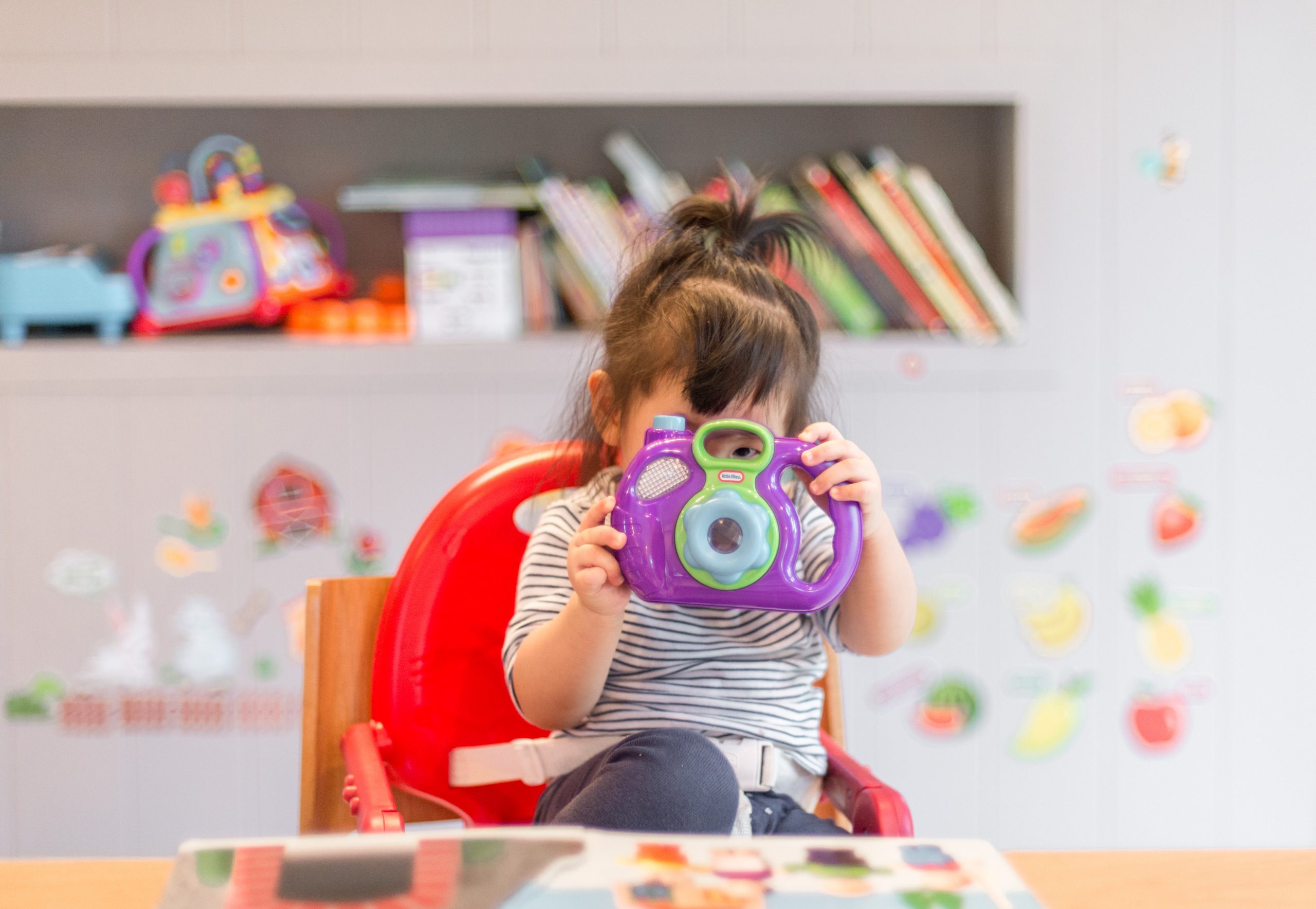
Here are some clear strategies to keep kids engaged while at home.

You and your kids will be spending a lot more time together due to the coronavirus (COVID-19) pandemic. But it doesn’t mean we can’t reinforce good behaviour.
Many of you are working remotely or off work. School districts in affected countries have also cancelled classes.
It will be a challenge for us all. But that doesn’t mean life will come to a stop.
Despite a few necessary change-ups in routines and behaviours, you can help your kids stay on top of their learning and have fun.
We’re here to give some practical tips and info about social distancing as practice.
The Ins and Outs of Social Distancing
Social distancing is a broader measure than isolation or quarantine.
Essentially, it is the practice of keeping human beings six feet apart from each one.
The purpose of social distancing is to limit the spread of a virus such as COVID-19.
Social distancing can assume numerous forms.
This involves the ban or restrictions of large gatherings such as weddings, sports games, concerts, and conferences that we’ve seen. That also means the closure of public spaces, restaurants, community centres and gyms.
What does that mean for your kids?
Obviously, attending classes violates social distancing. This is why schools have been closed.
The concern here is that kids are going to fall behind in their education and social lives. Not to mention, be bored out of their minds!
However, keep in mind that social distancing is different from isolation and quarantine. Just because you and your kids have been warned to stay home more often, it doesn’t mean you can’t go outside.
Taking the Kids Outside During COVID-19
Remember, life can still go on!
There may be times when your kids must leave the house. Just to get a breath of fresh air.
Anxieties are high right now. But there are some reassuring tidbits to keep in mind here.
One of these reassuring facts comes from Kate Vergara, an infectious disease specialist based in Chicago and New York City.
“Covid-19 is not airborne,” she says. “It is transmitted through droplets — being coughed on, or touching something that someone coughed on, for example.”
The good news
For the most part, you can freely go outside without too much worry about getting ill.
The key is to practice sound hygiene. Especially if or when you go to essential spaces such as supermarkets or get on public transit.
With that said, here are some practical hygiene tips from the CDC and WHO:
- Wash your hands often for at least 20 seconds.
- Cover your cough or sneeze with a tissue, then throw the tissue in the trash.
- Clean and disinfect frequently touched objects.
- Stay home when you are sick.
- Contact a health worker if you have symptoms; fever and a dry cough are most common.
- DON’T touch your face.
- DON’T travel if you have a fever and cough.
- DON’T wear a face mask if you are well.
These self-care habits matter more now for kids to follow.

How can you keep them focused on the books now that class is on hiatus?
E-Learning Classes (Where Appropriate)
It’s a universal fact that online classes cannot replace the real-time, physical instruction that a teacher provides.
Nevertheless, kids can conduct some self-learning with the help of online resources such as Scholastic’s Learn at Home website.
Many schools now use learning management systems (LMS) to post virtual classroom lessons. Be sure to look out for these resources with your kids.
Educational Apps, Accounts & Channels
YouTube and Instagram may seem like a parent’s nightmare.
But right now, they can be your greatest ally.
We won’t list them all here, but we’ll provide a few links to the long list of these sources below.
- 100 Educational YouTube Channels
- 10 Educational Instagram Accounts
- 24 Best Podcasts for Kids
- 17 Best Educational Apps for Kids
To make the most of these tools, consider downloading your local school district’s curriculum. These can often be available online in PDF format. They provide details into what your child will learn over the course of the year.
Find Good Behaviour Lessons in Everyday Chores
You can also help your kids to keep their minds sharp by infusing tiny lessons in everyday chores.
An article recently published in The Atlantic provided some insights on this.
Cooking was a great example mentioned in the article.
The task of cooking could be used to teach science, such as by discussing how ingredients such as yeast work.
Or math, by quizzing them on their knowledge of measurements.
You could even use cooking to teach English lessons by reviewing word choices or grammar on food labels. It takes a bit of creative thinking to pull this off. However, you can certainly find lessons while doing household activities.
How to Keep Kids Sane & Entertained During the Extended Break
Despite the advice to stay home as often as possible, kids need to be kids.
That means they should have fun both indoors and outdoors.
What’s the Verdict on Playdates?
Going back to the social distancing principles, playdates might not be the best idea at the moment.
This is a tough one to follow considering kids (especially ages 10 and under) seem to get the mildest symptoms.
But they may also be the most asymptomatic carriers in the population.
Kids often forget to wash their hands and or use cough etiquette (such as coughing into sleeves). That is a concern if that kid were to come home and bring it to a grandparent or you if you deal with a chronic condition (both of which are high-risk groups).
Unless you can keep your kids and their friends reasonably spaced apart, then you will want to skip the playdates until further notice.
Kid-Friendly Activities & Chores that Follow Social Distancing Protocol
There are hundreds of ideas to keep your kids entertained and socially active with their friends! We’ve listed a few ones below.
Tactile Activities
- Go for a walk or play sports in the backyard – Go for a walk with your kids around your block or let kick a soccer ball or shoot some hoops at home if they can.
- Arts and crafts – This is the perfect time to let your kids learn new skills such as knitting or to try a new artistic endeavour such as photography or poetry.
- Practice mindfulness and meditation – Mindfulness and meditation can help you and your kids maintain good mental health.
- Play board and video games – Your kids have no reason to feel bored if you’ve got some classic board games like Monopoly or Risk! laying around.
- Play with pets – As long as you and your kids feel healthy, make sure to give your pets some TLC.
- Try new recipes – With extra time on your hands, you can get your kids in the kitchen more to make things like pizzas, pies, cakes and cookies.
Screen Time
- Film a Tik Tok videos – Dance, joke, sing or just let loose on the world’s fastest-growing social media platform.
- Facetime/Skype chats – They might not be able to hang with their friends physically, but these apps will help keep them close regardless of distance.
- Binge on Disney Plus – With Pixar, Marvel, National Geographic and Star Wars content at their fingertips, your kids will have a well of movies and T.V. shows to keep them occupied.
- Take a virtual tour – Whether you want to visit the Louvre or Mars, you can do it virtually thanks to interactive apps.
How to Use Chores & Good Behaviour Under Lockdown

Many of the self-care habits that kids should learn are ones that can protect them and others from getting or spreading the coronavirus.
Most children will understand the importance of proper hygiene if you explain it to them. Such as:
- Proper handwashing
- Cleaning rooms in the house – Disinfect surfaces such as desks, doorknobs and countertops.
- Doing their laundry – Get your kids into the habit of washing their dirty clothes using the right settings (ie. warm water) and get them to disinfect the hamper too.
- Eating their fruits and veggies – Ensuring your kids eat nutritious foods will help keep their immune systems strong.
Getting them to participate in these chores will not only reduce their risk of COVID-19 infection now, but it will also equip them with strong housekeeping skills for life.
Everyone has to do their part to fight the coronavirus including your kids
- Practicing cough etiquette – Even if it’s a harmless cough or sneeze, teach them (and reward them) to sneeze in their sleeves or away from others. This is a great way for your kids to develop a sense of kindness and empathy towards others since these behaviours can reduce the spread of infections.
- “Contactless” acts of kindness – This can be as simple as calling aging relatives who may be in nursing homes or who are at their own homes and concerned about going outside.
These are two behaviours that will contribute to better physical and mental health during this time.
Kids who practice them now will be more likely use this good behaviour even after the coronavirus starts to get under control.
You can visualize these practices on a chore chart like My Starry Chart.
For example, we have stickers that pertain to the hygiene practice above including handwashing, doing laundry, keeping rooms clean and even eating healthy. You can use the chart to schedule when they will complete one of these chores. Especially if they have done a task without you reminding them.
For the practice of good behaviours, a sticker such as “Be Kind” or “Be Helpful” for a particular day they plan to display good behaviour is a great example. Whether it is a message to a loved one, or by some other means.
Good Behaviour Can Keep the Coronavirus From Spreading
If you and the kids are feeling a little bummed out by the social distancing in your community, remember the upsides of these measures.
It will reduce the spread of COVID-19 to the elderly and sick.
Be sure to remind your kids about this, and encourage them to practice good hygiene and behaviours that show empathy towards others.
